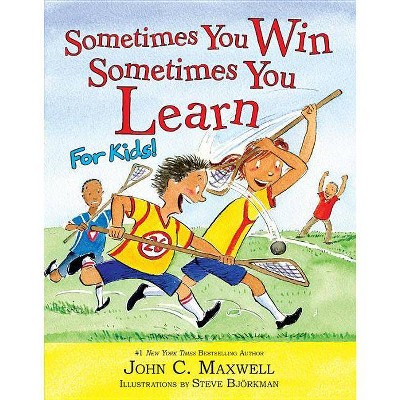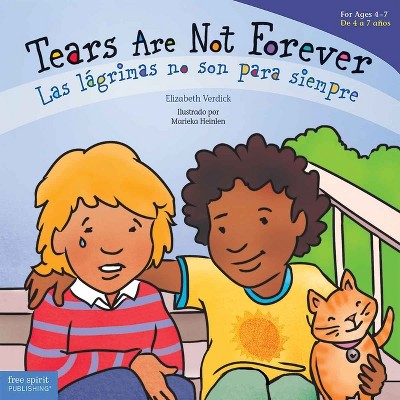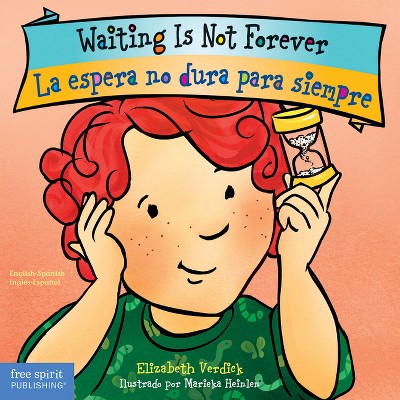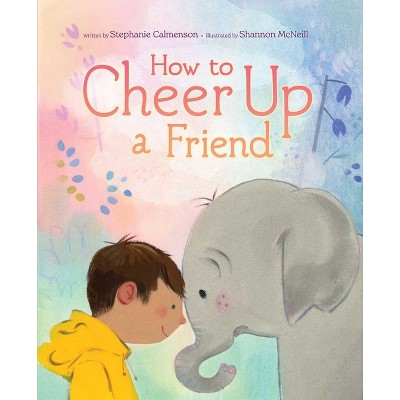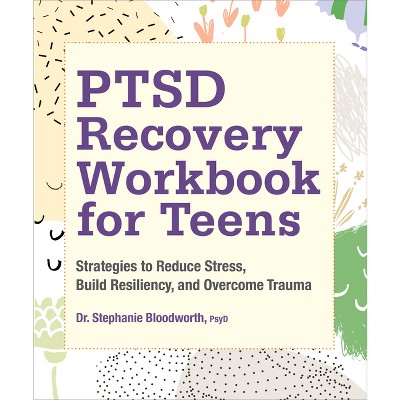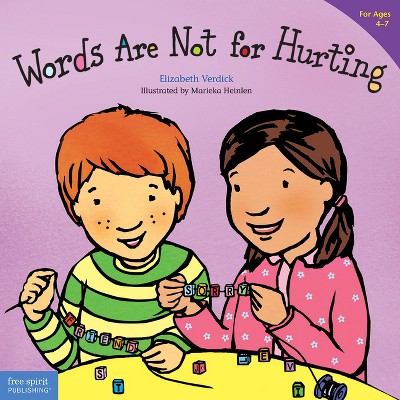Sponsored

It's OK to Lose! - (Behavior Science Children's Book) Large Print by Stephanie Chan (Hardcover)
In Stock
Sponsored
About this item
Highlights
- Is your child not able to accept losing in games?Is it difficult for your child to regulate emotions when losing?This is the right book for you and your little one(s)!
- 3-9 Years
- 8.5" x 8.5" Hardcover
- 46 Pages
- Juvenile Fiction, Social Themes
- Series Name: Behavior Science Children's Book
Description
About the Book
As part of the Behavior Science Children's Book Series, this book teaches young children good sportsmanship when playing games and provides practical strategies for young children to regulate their emotions when losing in games.
Book Synopsis
Is your child not able to accept losing in games?
Is it difficult for your child to regulate emotions when losing?
This is the right book for you and your little one(s)! This book is also perfect for teachers and therapists!
It's OK to Lose! is a children's book that targets a common emotional regulation and self-management issue young children usually experience when they play games! The author has uniquely applied behaviour science to children's literature, and helped young readers take the perspective of the main character in the book, explore different contingencies in their world, and learn to make good choices in different situations, in a fun and interactive way.
This book was developed together with researchers, school teachers, early childhood educators, behaviour analysts, speech-language pathologists, many parents, and young children!
Review Quotes
Readers' Favorite 5-Star Review:
"It's OK to Lose! is a wonderful educational story for children by Stephanie Chan on how to deal with losing in the everyday activities of life. The first thing I noticed and liked is the opening page. On this page, children can fill in the blanks with their names and ages, schools, and grades. This immediately personalizes the book for a child.
The most important aspect of the story involves the way the main character is shown dealing with losing. I think the techniques provided are excellent. They are perfect for young children to adopt without the need to understand the conditioning and metaphysics behind them. The different ways in which a child might react to losing are well chosen, and it is plain that no matter how a person might feel when losing, there is a proper way to deal with it. Perhaps the best made point of all is how relative winning and losing are.
I especially liked the questions toward the end of the book that children must ask themselves. These questions cause them to be aware that they are in control of the kind of person they want to be. Demonstrating the psychology involved in learning the lesson that it's okay to lose is right at the level where children can understand it, apply it, and personalize it for themselves. Thank you, Stephanie Chan, for It's OK to Lose! because this book is a winner."
Shipping details
Return details
Guests also viewed
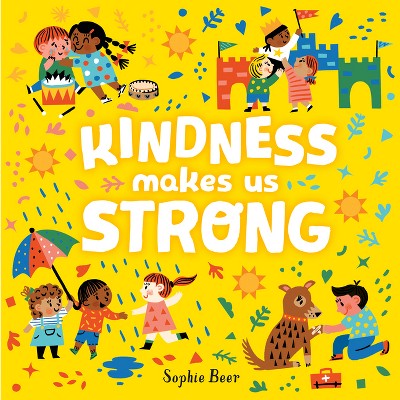
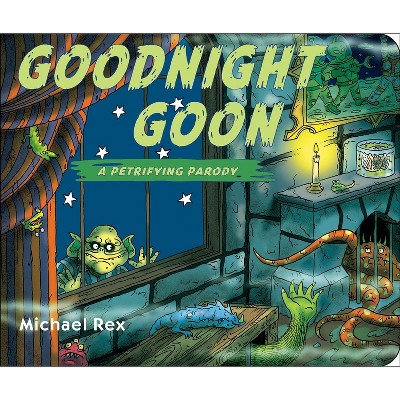
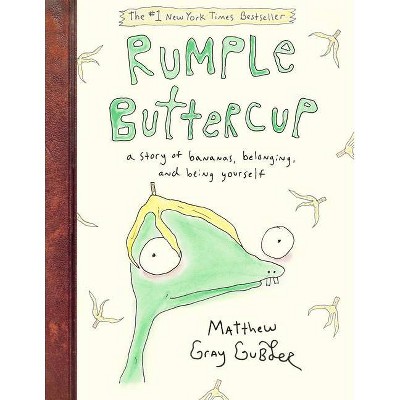
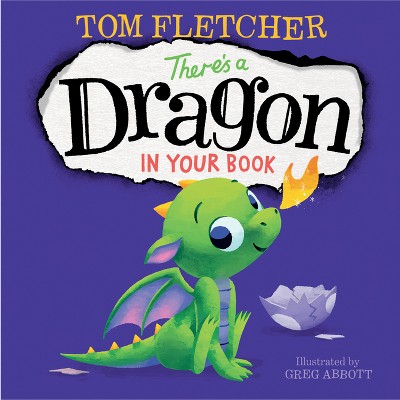
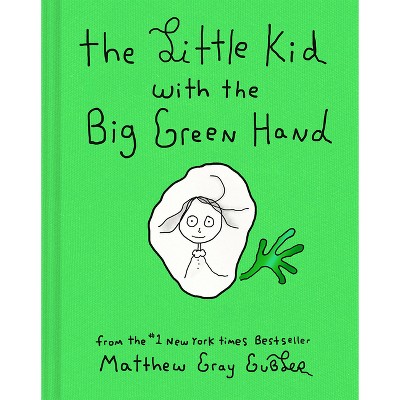
Discover more options

